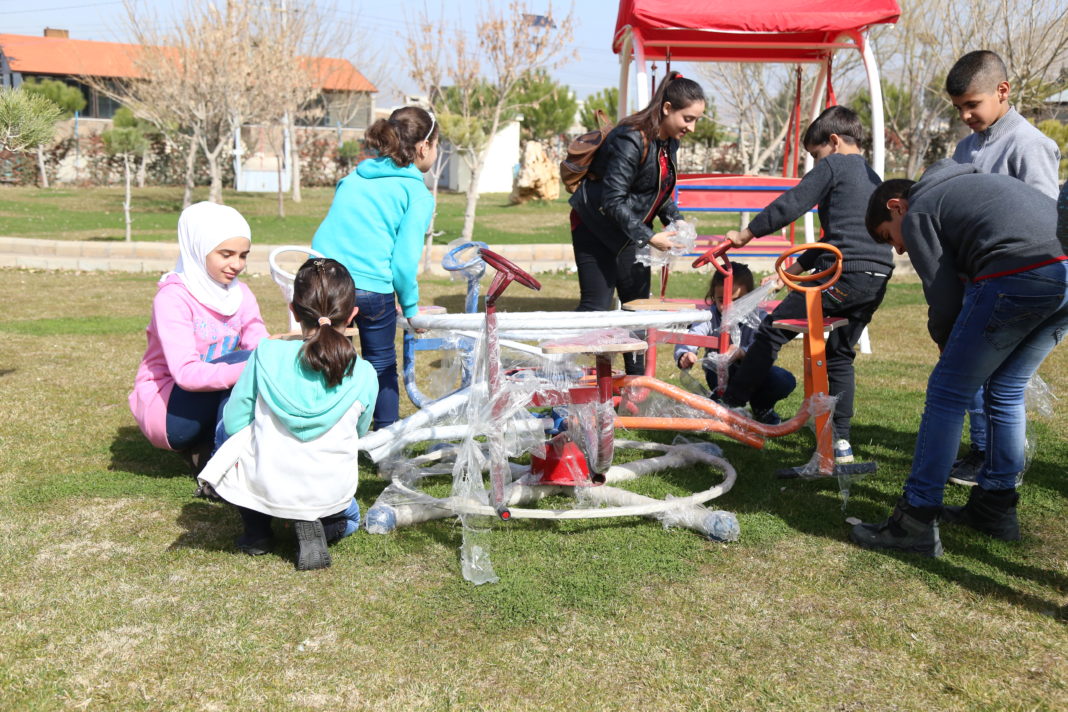In line with Lebanon’s commitment to achieve sustainable development goals and ensure inclusive and equitable quality education while promoting lifelong learning opportunities for all, the Ministry of Education and Higher Education together with UNICEF, launched a child protection policy in schools – the country’s first – recognizing the importance of education in safeguarding child rights, as a catalyst for violent-free schools and non-violence in communities. The Department of Guidance and Counseling within the General Directorate of Education was assigned to follow up on the Policy.
The event was headed by the Minister of Education and Higher Education, Marwan Hamade and UNICEF, was attended by education sector representatives, partners, the European Union, the embassies of Germany, the United States, the United Kingdom, Australia, Canada and Saint Joseph University.
The Policy core commitment is to protect students in schools while ensuring their psychological and physical health; establishing a non-violent school environment based on fair and non-discriminatory prevention; addressing situations of violence through safe and early identification, a well-developed and functioning referral system and effective partnerships; protecting the privacy of the student and his/ her parents, and the confidentiality of information related to different situations within the school environment.
“The Ministry of Education is today committed to secure a positive environment conducive to quality and equitable education for all,” said minister Hamade. “Violence in schools impacts attendance, contributes to lower academic results and leads to higher dropout rates. It is not only important for everyone to know what to do in cases of violence, it is vital to prevent violence from breaking out in the first place!”
Parents, teachers, students and communities expect schools to provide a safe haven for children – to grow, learn, thrive and succeed. Yet for many students all over the world, violence at school prevents them from fully benefiting from educational opportunities and realizing their potential. Bullying, sexual harassment and corporal punishment are forms of violence that can be monitored at the school environment nonetheless all have the same devastating effect on children, their families and communities.
“When children feel safe and aren’t threatened by violence, they can focus, learn more, grow and eventually become contributing members of a society,” said Tanya Chapuisat, Representative of UNICEF Lebanon. “This policy is a great investment, perhaps the best that a country can make. It is a major step forward not only for ensuring children’s right for education but also for working towards removing the drivers that push them out of school”.
The child protection policy is Lebanon’s first step towards fulfilling its core mandate to ensure students learn in an environment that is protective and free from violence. Building the capacity of academic and administrative actors within MEHE to work with caregivers, other ministries and community actors – to ensure children learn and thrive is a safe environment – will continue with the new policy as its bedrock.
The policy is the result of a close collaboration between the ministry of Education and Higher Education, UNICEF and the ministries of Social Affairs and Justice. The Center for Educational Research and Development (CERD) and Lebanese University and Saint Joseph University also contributed through consultations.




